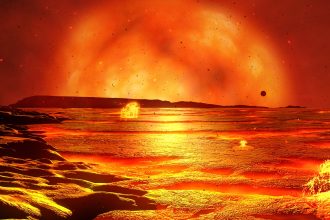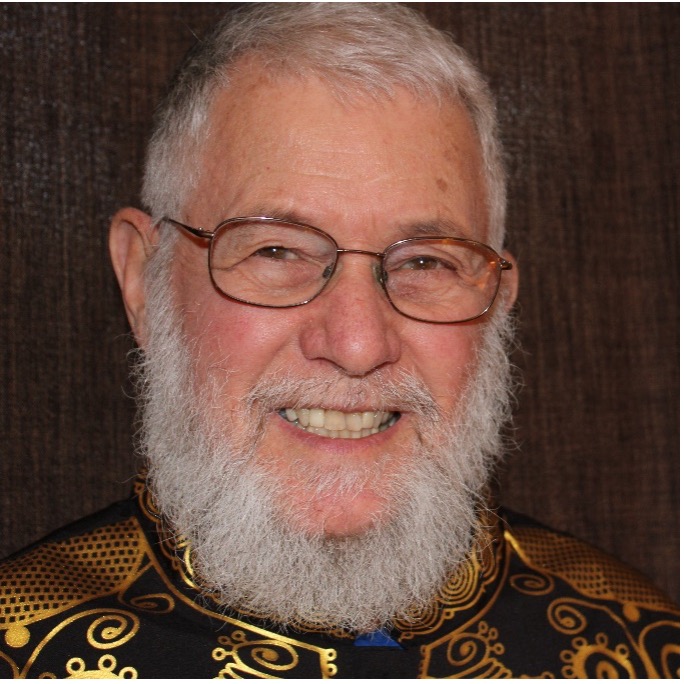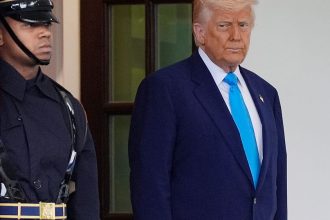Thinkers, scientists, and political leaders have long remained preoccupied with the question of humanity’s future. As a Professor Emeritus of Philosophy at Radford University in Virginia, Dr. Glen T. Martin has attempted to address this question through philosophical inquiry and global activism.
Over his fifty-year career, Martin has pursued a central philosophical conviction that the crises confronting modern civilization, war, ecological collapse, and inequality cannot be resolved within the current fragmented system of nation-states.
Instead, he argues that a democratic world order founded on human dignity and global law offers the only workable path toward humanity’s collective survival and moral advancement. Martin’s work began with a deep sense of clarity about social injustice as a teenager in the 1960s.
His close encounters with poverty and racial discrimination in New York City put him on the lifelong roadmap to understand “what is wrong with the world” and how philosophy might help address it.
After completing his B.A. in Philosophy from the University of Buffalo, followed by an M.A. from Hunter College and a Ph.D. with distinction from the Graduate Center of the City University of New York, Martin began his scholarly career with ethical and political engagement.
As a philosopher, Martin’s work centers on the interrelation between human meaning, value, and global responsibility. He identifies a pervasive moral and existential vacuum, what he calls ‘the problem of nihilism’ in contemporary civilization, tracing it down to economic materialism and political fragmentation.
From his point of view, the sovereign nations’ dominant system is structurally incapable of addressing global challenges like nuclear proliferation, climate breakdown, or systemic poverty. Each state acts primarily in self-interest, which results in competition rather than cooperation.
His philosophical critique underlies support for the ‘Constitution for the Federation of Earth,’ a document drafted through the ‘World Constitution and Parliament Association (WCPA)’ as a framework for a democratic world federation.
As President of the WCPA and Executive Director of the Earth Constitution Institute, Martin has devoted most of his career to promoting the acceptance of this constitution, which anticipates a legal order grounded in human rights, environmental protection, and participatory democracy.
He argues that the goal is not to abolish nations but to unite them under a democratic system that ensures peace and sustainability through law. Martin has addressed the philosophy of world liberation in his books, including Millennium Dawn, Ascent to Freedom, Global Democracy and Human Self-Transcendence, and Human Dignity and World Order.
His analysis includes contributions from classical thinkers like Kant, Hegel, and Spinoza as well as modern global theory and spirituality. He contends that genuine democracy must work past national boundaries to deliver favorable outcomes for the entire human community across the globe.
Martin’s most recent work, Human Dignity and World Order, develops this argument in great detail. He claims that the existing world system systematically violates human dignity by institutionalizing inequality and warfare. A world founded on dignity requires democratic structures that represent humanity as a whole.
He insists that this vision is a rational and ethical necessity for survival and not utopian idealism. In his analysis, The Earth Constitution provides a design for such a transformation, combining democratic representation, enforceable world law, and ecological responsibility into a coherent political system.
Throughout his career, Martin has presided over multiple sessions of the Provisional World Parliament, which operates under Article 19 of the Earth Constitution, drafting legislative models for a future world government.
He has also participated in peace conferences and lectures internationally. His appearances include the Supreme Court of Lima in Peru and the Gusi Peace Prize ceremony in Manila, where he received the award in 2013 for his contributions to world peace and justice.
Martin’s philosophy demands reconsideration of long-held assumptions about sovereignty, identity, and governance as humanity faces escalating crises in the 21st century. His stance challenges the idea that moral progress can occur within a divided world order and argues instead for a planetary system in which justice and peace are guaranteed by law.
In this perspective, global democracy has become both a political necessity and a moral imperative, the logical extension of human reason and compassion to the scale of the Earth itself. For Martin, the future of humanity depends on our willingness to imagine and enact such a transformation: from a world of competing nations to a community of free and equal persons bound together by shared dignity and planetary responsibility.









